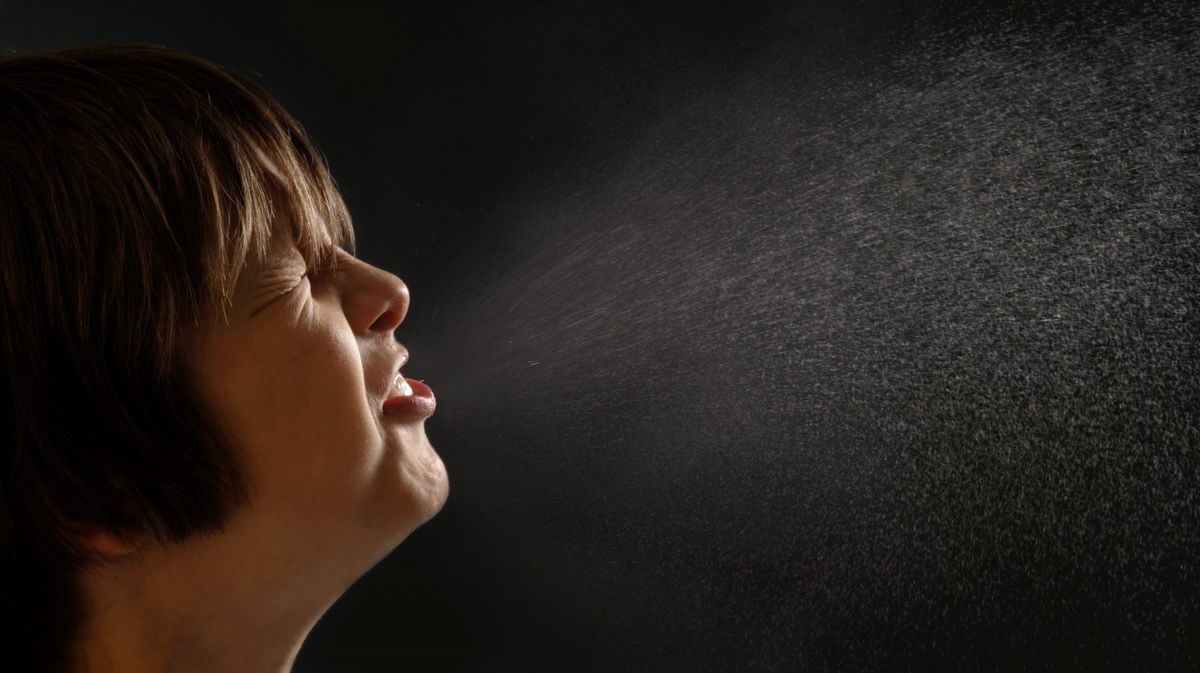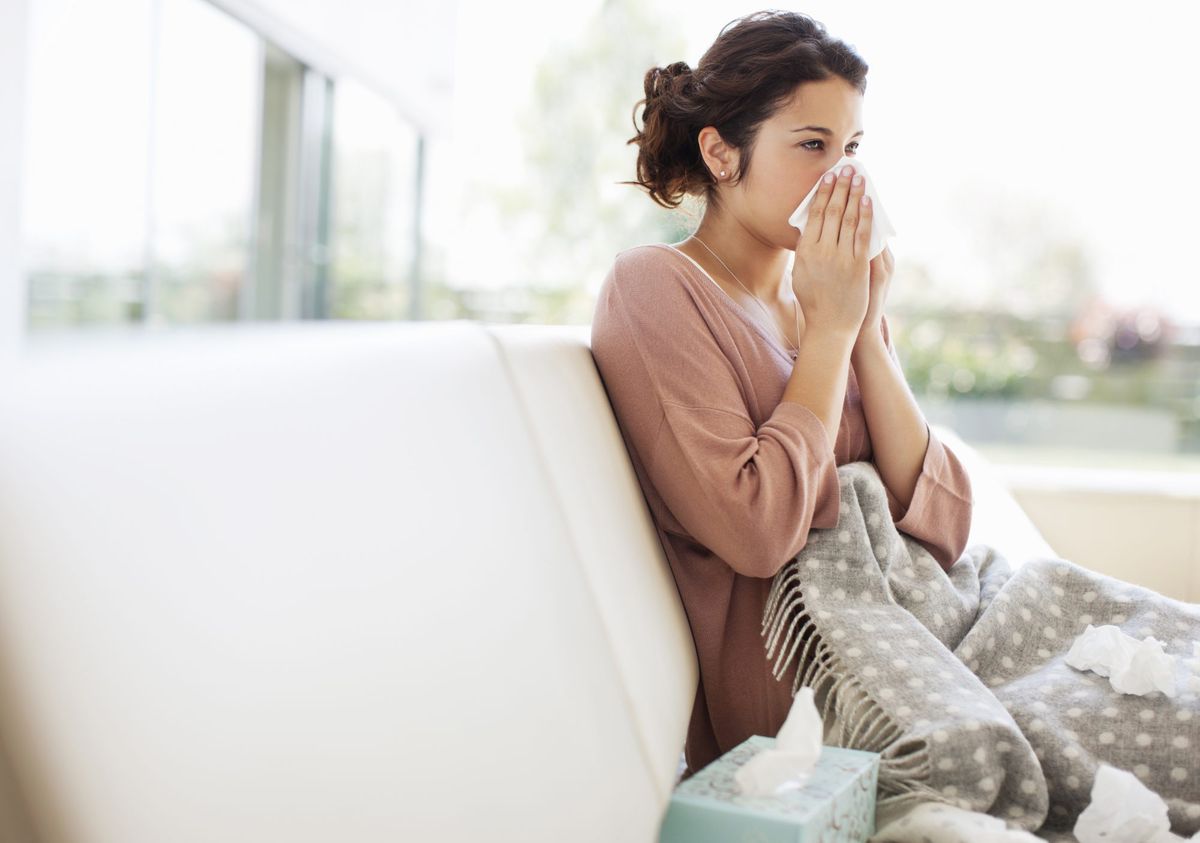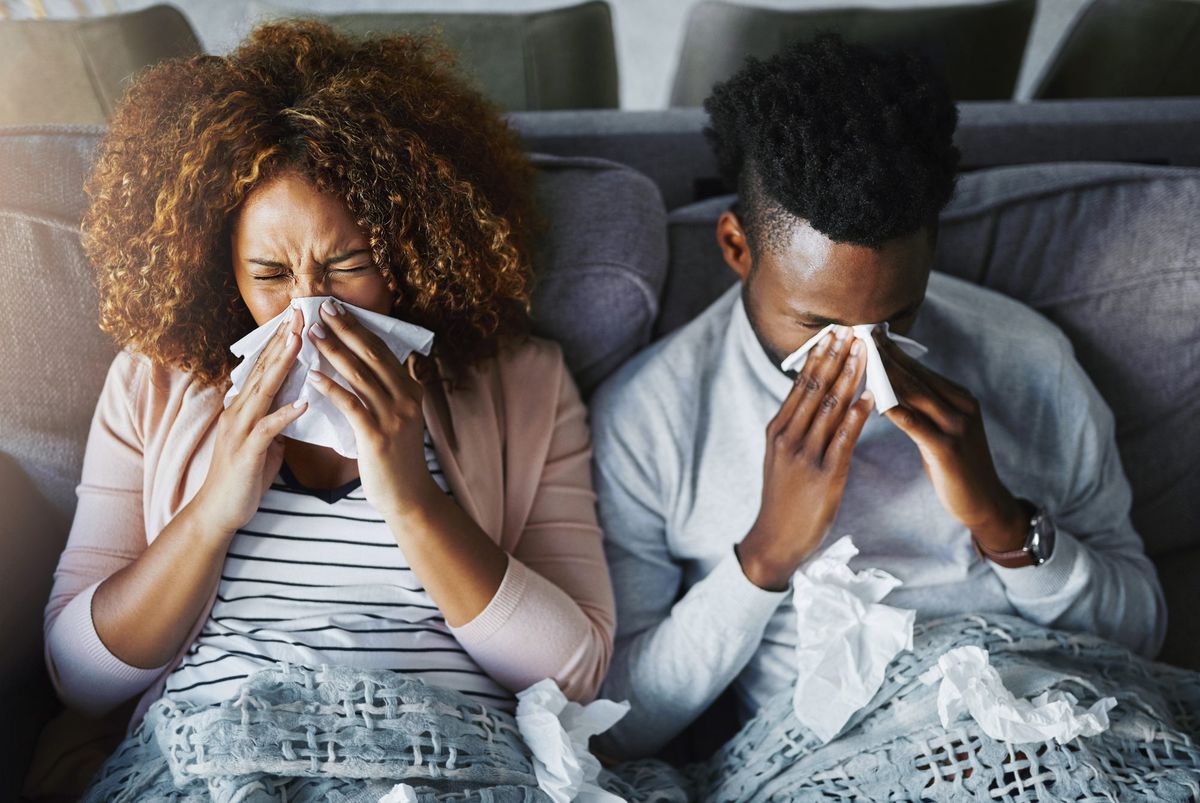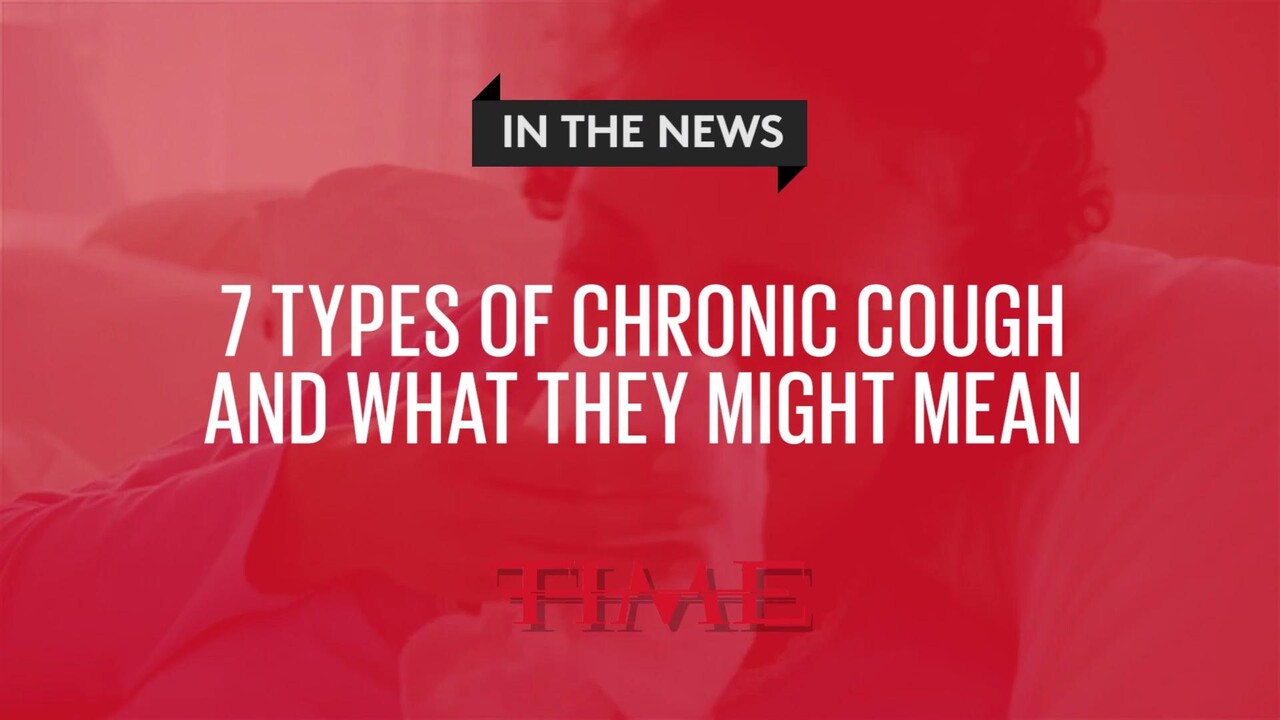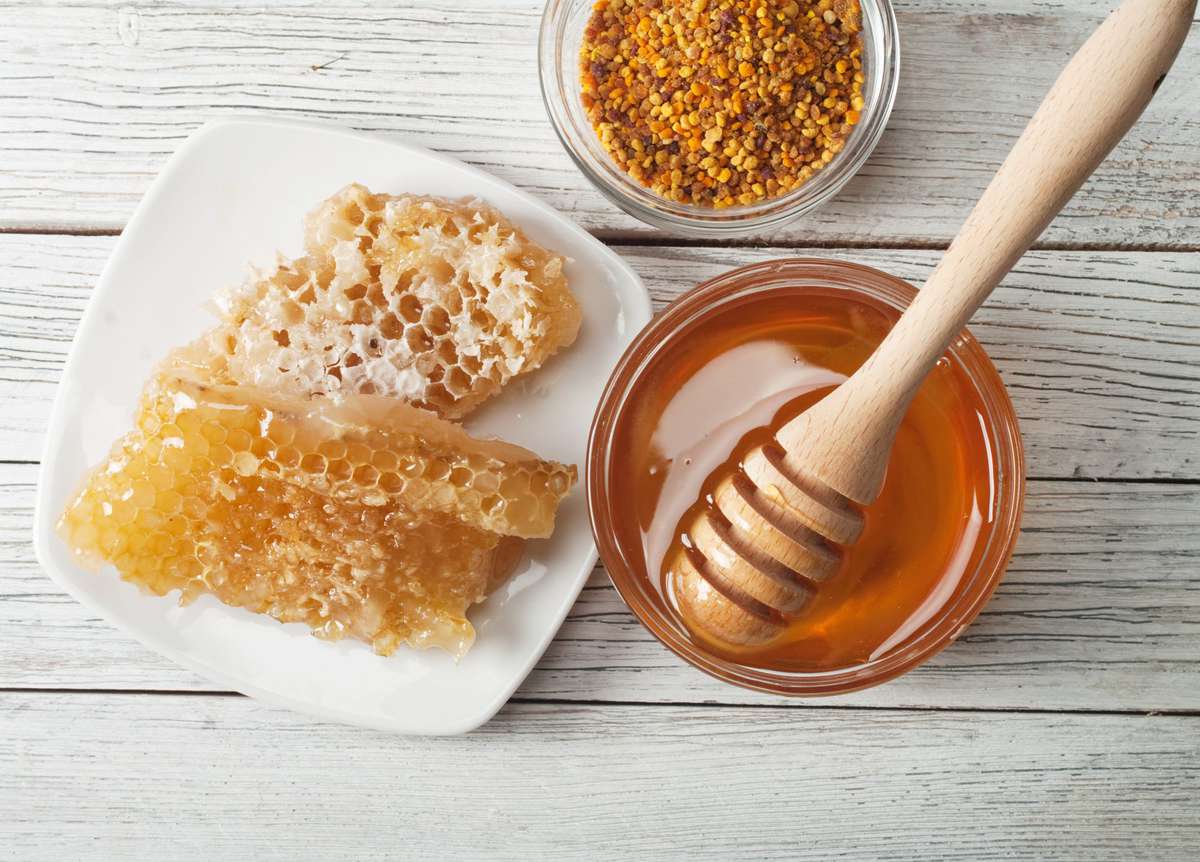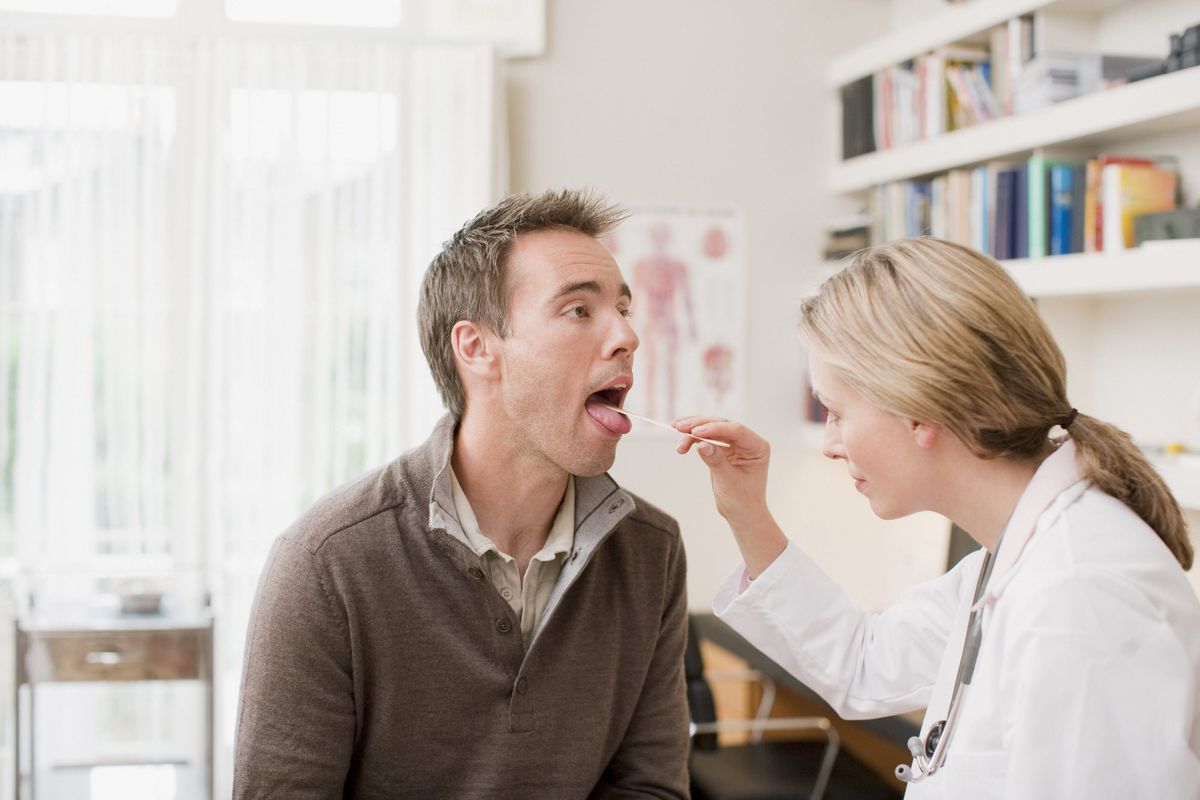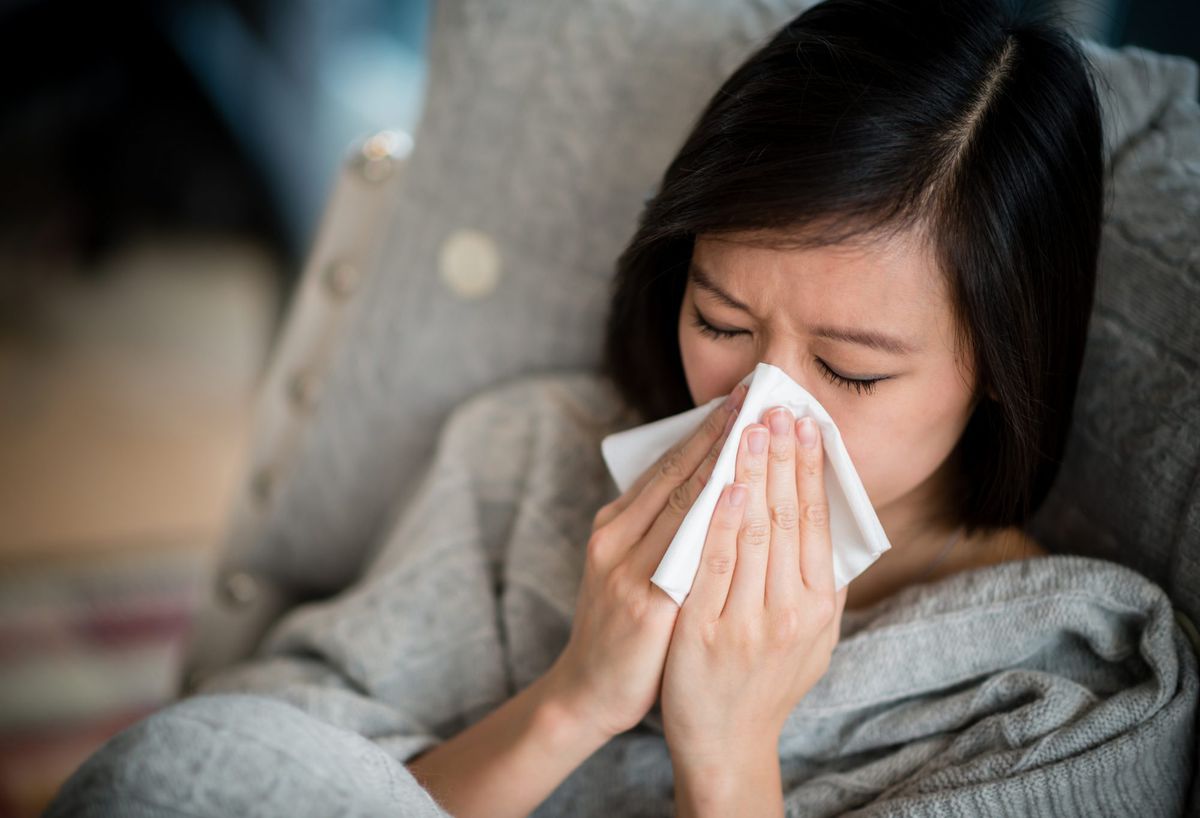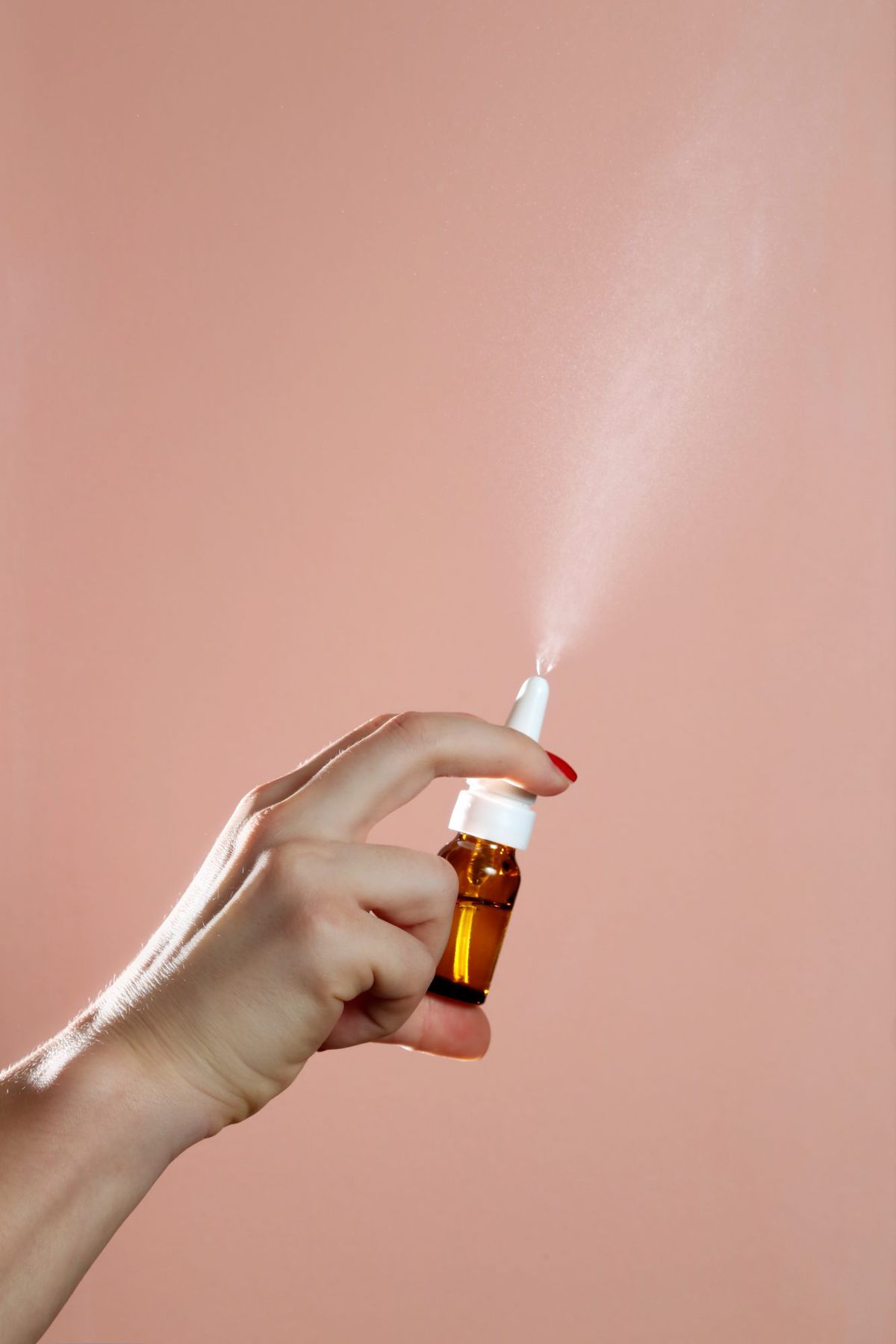Coronavirus (COVID-19) and Cancer
The constant news about the coronavirus can be worrying. People with cancer and their families might feel especially worried about the virus, as cancer and its treatment can lower your ability to fight infection.
I will continue to make changes to this information if the latest development arises.
What is coronavirus?
The coronavirus is a flu-like virus. It causes an illness called COVID-19 which can affect your lungs and airways. For most people, the virus won’t cause serious problems. But for some people, the virus can have serious complications.
People with cancer are among those at higher risk of complications. This is because cancer and treatment can weaken their immune systems.
How can cancer and cancer treatment weaken immunity?
The immune system protects the body against illness and infection caused by viruses like coronavirus. Some people with cancer have a weak immune system which reduces their ability to fight these infections.
This is because some treatments, like chemotherapy, can stop the bone marrow from making enough white blood cells. White blood cells are part of your immune system.
Some types of cancer can also lower your ability to fight infection. This is usually cancer that affects your immune system like leukaemia or lymphoma.
What do I do if I have symptoms?
The symptoms of coronavirus include:
• a high temperature of above 37.8C and, or
• a new continuous cough - this means coughing a lot for more than an hour, or 3 or more coughing episodes in 24 hours (if you usually have a cough, it may be worse than usual)
Contact your cancer advice line, chemotherapy helpline or Acute Oncology Service if you have these symptoms and you are having cancer treatment or have cancer that affects your immune system.
You should do this as soon as possible if you have these symptoms and, or you feel unwell.
Your healthcare team will assess you over the phone and might ask you to stay at home. But People most at risk
People most at risk from coronavirus are sometimes called "shielded" or "extremely vulnerable" people.
This includes people who:
have had an organ transplant
are having certain types of cancer treatment
have blood or bone marrow cancer, such as leukaemia
have a severe lung condition, such as cystic fibrosis or severe asthma
have a condition or are taking medicine that makes them much more likely to get infections
are pregnant and have a serious heart condition should speak to your advice line or healthcare team in the first instance.
Contact your advice line or healthcare team as soon as possible if you have symptoms. Or call 999 immediately if you are seriously ill.
If you have symptoms but you are not having cancer treatment, you can look at the NHS 111 online coronavirus service or call NHS 111.
What’s the advice for people with cancer (who have no symptoms of coronavirus)?
Staying at home (vulnerable groups)
Some people with cancer are more at risk of being seriously ill if they develop the COVID-19 infection. If you are in one of these groups, you are encouraged to follow particular measures to protect yourself. These groups of people include those:
having chemotherapy or radical radiotherapy for lung cancer
with cancers of the blood or bone marrow such as leukaemia, lymphoma or myeloma who are at any stage of treatment
having immunotherapy or other continuing antibody treatments for cancer
having other targeted cancer treatments which can affect the immune system, such as protein kinase inhibitors or PARP inhibitors
who have had bone marrow or stem cell transplants in the last 6 months, or who are still taking immunosuppression drugs
If you are unsure what treatment you are having and whether you are in one of these groups speak to the team caring for you.
What is shielding?
The measure to take is called shielding. This means that you stay home and avoid face-to-face contact for at least 12 weeks. You can continue to have visits from anyone who helps you with essential support. For example, healthcare staff or carers.
All visitors should wash their hands with soap and water for at least 20 seconds when they arrive at your home and often during the visit. Shielding means you should:
avoid anyone who has possible coronavirus symptoms
stay at home
avoid family gatherings, even in private spaces
ask family or friends to arrange shopping for you and leave it at your door
You may receive a letter about shielding if you belong to a vulnerable group. If you think you belong to one of these groups and you have not had a letter, talk to your GP or cancer specialist. The 12 week time period may change if the guidance changes.
I live with other people, what should we do?
Anyone who lives with you should reduce their contact outside their home where possible. But they do not have to practice the same shielding measures. They should practice social distancing (see below).
Look at the Public Health England guidance for detailed information on how to do shielding.
Spend as little time as possible with other people that you live with in shared spaces, such as the kitchen or living room. Keep these areas well ventilated.
Try to keep 2 meters (3 steps) away from people you live with. Sleep in a different bed where possible.
Use separate towels to other people in your house.
Use a separate bathroom if possible. If you need to share a toilet and bathroom, this should be cleaned after you use them.
Everyone should wash their hands regularly, avoid touching their face and clean frequently touched surfaces.
Depending on your situation, it could be very difficult to stay separate from others at home. Do what you can. It is important that you feel you can support each other through this.
The decision to protect yourself from coronavirus with shielding measures is your personal choice and circumstances. For example, there are some people who because of their cancer may have a limited time to live. And so they may decide not to fully follow the shielding measures.
For more information about shielding, visit the GOV.UK website
Guidance on shielding and protecting people in vulnerable groups
Help with shopping and medicines
Ask friends and family to help pick up shopping or organise deliveries if possible. If this is difficult, there may a local volunteer group or charities that can help. Some of these have been formed as a result of the virus.
In England, the NHS have set up a scheme to help with food parcels and delivery of medicines.
You can ask for this support by registering online.
Go to GOV.UK to register and to find out about services in other UK countries.
I have cancer but I’m not in one of the vulnerable groups, what should I do? (social distancing)
If you are not in one of the above vulnerable groups, you should follow guidance for social distancing. The aim is to reduce your risk of catching and spreading the coronavirus.
Social distancing means reducing your social contact with other people. The guidance includes:
steps you can take to reduce your social interaction
importance of looking after your mental wellbeing and keeping in touch with others
advice for visitors and informal carers
Go to more information about social distancing
Will my chemotherapy and other cancer treatments continue?
Your healthcare team might review your cancer treatment plan.
Doctors are looking at ways to try and minimise the impact of the coronavirus outbreak on cancer patients. They will aim to continue with your treatment wherever possible. But they might need to change your treatment or prioritise certain treatments over others.
Your team will contact you if there are any changes to your care or treatment.
How do doctors decide about changes to my treatment plan?
When you start cancer treatment, your doctors weigh up the risks and benefits of treatment and discuss these with you. But the risks of your current treatment plan might have changed because of the coronavirus.
Treatment risks include:
how your cancer treatments affect your immune system - you’re more at risk of becoming seriously ill from COVID 19 if your immune system is weak after treatment
exposure to the virus during hospital visits – your team might look at how you have your treatment to reduce your hospital visits
Treatment benefit usually refers to the aim of your treatment. Your treatment might aim to:
cure your cancer
help you live longer with your cancer
control symptoms so you are more comfortable
Your doctors will carefully weigh up the treatment benefit with the risks of treatment. They will discuss this with you.
Your doctors also have to consider the impact of the coronavirus outbreak on all health services. For example, it’s likely that there will be staff and bed shortages. This means they might need to delay or rearrange treatments. Because of this they might need to prioritise some treatments over others.
Talk to your health care team about the effect of the coronavirus outbreak on your treatment plan. They know about your individual situation and will try to work with you to find the best plan for you. Speak to them about any concerns or questions you might have.
Access to cancer drugs
There isn’t currently a shortage of medicines due to the coronavirus outbreak. For example, we have stockpiles of drugs like paracetamol in case there are any issues with supply.
The government is working closely with the NHS and those involved in supplying medicines. They are making sure that patients can get the medicines they need. There are measures in place to prevent medicine shortages in the future.
Hospital Appointments
Contact your GP or cancer specialist if you are due to go to a hospital appointment. You might have some appointments over the phone, or they may be postponed.
Cancer clinical trials
Due to the coronavirus outbreak, some clinical trials for cancer patients may stop recruiting new patients for now. This is so that time and money can be redirected towards:
looking after those affected by this virus
research into the prevention and treatment of coronavirus
Your healthcare team will continue to support and monitor you if you are part of a clinical trial. Talk to your team if you have questions or concerns about a trial you are taking part in.
Coping
Coping with a diagnosis of cancer is difficult. For many, the coronavirus is an extra concern and worry. As a result of the outbreak, there may be changes to your hospital appointments and treatment plan. Some people are having telephone appointments with their consultant or specialist nurse instead. You might miss the reassurance of going into the hospital clinic to see familiar faces.
Your healthcare team are doing their best to support you and protect you from developing COVID-19. If coronavirus is a particular worry for you, do mention this. Write down any questions you have so that you remember to ask them.
It can be very difficult if you have been advised to stay at home and reduce face-to-face contact. Try to stay in touch in whatever way you can, whether by phone, online or letter.
If you are feeling scared or anxious about coronavirus, it might be sensible to limit the time you spend looking at social media or news on TV. Only use reliable sources of information, such as websites mentioned on this page.
Talk to those close to you when you can. It helps to share what is making you anxious. And knowing you are not alone can help you cope better. There are different charities and organisations that offer online support or telephone support.
You can call our nurse freephone helpline on 0808 800 4040. They are available from Monday to Friday, 9am to 5pm. Or you can send them a question online.
Contact our cancer information nurses
Tips on helping you keep physically and mentally well
Cancer Chat is our online forum where you can share experiences.
Go to Cancer Chat
Tips on helping you keep physically and mentally well:
Try to do things you enjoy such as reading, jigsaws, cooking, drawing.
Eat a healthy diet, drink plenty of fluids and avoid getting into unhealthy habits such as smoking or drinking alcohol.
Exercise – the NHS website has tips for exercise at home.
Get fresh air – open your windows, if you have a garden go in it, or sit on your step keeping at least a 2 metre distance from anyone.
Keep in contact with family and friends – use an app so you can see them, you could eat a meal together while talking to each other.
Further information
Further information and support is available for people living in different parts of the UK.
Scotland
NHS inform has further information about the coronavirus for people living in Scotland.
Visit the NHS inform website
Wales
Public Health Wales has some guidance for people living in Wales. Information is also available in Welsh.
Visit the Public Health Wales website
Northern Ireland
The Public Health Agency has information for people living in Northern Ireland.
Visit the Public Health Agency website
England
The NHS website has all the latest information about the coronavirus and how to protect yourself.
People most at risk
People most at risk from coronavirus are sometimes called "shielded" or "extremely vulnerable" people.
This includes people who:
• have had an organ transplant
• are having certain types of cancer treatment
• have blood or bone marrow cancer, such as leukaemia
• have a severe lung condition, such as cystic fibrosis or severe asthma
• have a condition or are taking medicine that makes them much more likely to get infections
• women who are pregnant and have a serious heart condition
Last reviewed: 23 Mar 2020
Next review due: 31 Mar 2020
The constant news about the coronavirus can be worrying. People with cancer and their families might feel especially worried about the virus, as cancer and its treatment can lower your ability to fight infection.
I will continue to make changes to this information if the latest development arises.
What is coronavirus?
The coronavirus is a flu-like virus. It causes an illness called COVID-19 which can affect your lungs and airways. For most people, the virus won’t cause serious problems. But for some people, the virus can have serious complications.
People with cancer are among those at higher risk of complications. This is because cancer and treatment can weaken their immune systems.
How can cancer and cancer treatment weaken immunity?
The immune system protects the body against illness and infection caused by viruses like coronavirus. Some people with cancer have a weak immune system which reduces their ability to fight these infections.
This is because some treatments, like chemotherapy, can stop the bone marrow from making enough white blood cells. White blood cells are part of your immune system.
Some types of cancer can also lower your ability to fight infection. This is usually cancer that affects your immune system like leukaemia or lymphoma.
What do I do if I have symptoms?
The symptoms of coronavirus include:
• a high temperature of above 37.8C and, or
• a new continuous cough - this means coughing a lot for more than an hour, or 3 or more coughing episodes in 24 hours (if you usually have a cough, it may be worse than usual)
Contact your cancer advice line, chemotherapy helpline or Acute Oncology Service if you have these symptoms and you are having cancer treatment or have cancer that affects your immune system.
You should do this as soon as possible if you have these symptoms and, or you feel unwell.
Your healthcare team will assess you over the phone and might ask you to stay at home. But People most at risk
People most at risk from coronavirus are sometimes called "shielded" or "extremely vulnerable" people.
This includes people who:
have had an organ transplant
are having certain types of cancer treatment
have blood or bone marrow cancer, such as leukaemia
have a severe lung condition, such as cystic fibrosis or severe asthma
have a condition or are taking medicine that makes them much more likely to get infections
are pregnant and have a serious heart condition should speak to your advice line or healthcare team in the first instance.
Contact your advice line or healthcare team as soon as possible if you have symptoms. Or call 999 immediately if you are seriously ill.
If you have symptoms but you are not having cancer treatment, you can look at the NHS 111 online coronavirus service or call NHS 111.
What’s the advice for people with cancer (who have no symptoms of coronavirus)?
Staying at home (vulnerable groups)
Some people with cancer are more at risk of being seriously ill if they develop the COVID-19 infection. If you are in one of these groups, you are encouraged to follow particular measures to protect yourself. These groups of people include those:
having chemotherapy or radical radiotherapy for lung cancer
with cancers of the blood or bone marrow such as leukaemia, lymphoma or myeloma who are at any stage of treatment
having immunotherapy or other continuing antibody treatments for cancer
having other targeted cancer treatments which can affect the immune system, such as protein kinase inhibitors or PARP inhibitors
who have had bone marrow or stem cell transplants in the last 6 months, or who are still taking immunosuppression drugs
If you are unsure what treatment you are having and whether you are in one of these groups speak to the team caring for you.
What is shielding?
The measure to take is called shielding. This means that you stay home and avoid face-to-face contact for at least 12 weeks. You can continue to have visits from anyone who helps you with essential support. For example, healthcare staff or carers.
All visitors should wash their hands with soap and water for at least 20 seconds when they arrive at your home and often during the visit. Shielding means you should:
avoid anyone who has possible coronavirus symptoms
stay at home
avoid family gatherings, even in private spaces
ask family or friends to arrange shopping for you and leave it at your door
You may receive a letter about shielding if you belong to a vulnerable group. If you think you belong to one of these groups and you have not had a letter, talk to your GP or cancer specialist. The 12 week time period may change if the guidance changes.
I live with other people, what should we do?
Anyone who lives with you should reduce their contact outside their home where possible. But they do not have to practice the same shielding measures. They should practice social distancing (see below).
Look at the Public Health England guidance for detailed information on how to do shielding.
Spend as little time as possible with other people that you live with in shared spaces, such as the kitchen or living room. Keep these areas well ventilated.
Try to keep 2 meters (3 steps) away from people you live with. Sleep in a different bed where possible.
Use separate towels to other people in your house.
Use a separate bathroom if possible. If you need to share a toilet and bathroom, this should be cleaned after you use them.
Everyone should wash their hands regularly, avoid touching their face and clean frequently touched surfaces.
Depending on your situation, it could be very difficult to stay separate from others at home. Do what you can. It is important that you feel you can support each other through this.
The decision to protect yourself from coronavirus with shielding measures is your personal choice and circumstances. For example, there are some people who because of their cancer may have a limited time to live. And so they may decide not to fully follow the shielding measures.
For more information about shielding, visit the GOV.UK website
Guidance on shielding and protecting people in vulnerable groups
Help with shopping and medicines
Ask friends and family to help pick up shopping or organise deliveries if possible. If this is difficult, there may a local volunteer group or charities that can help. Some of these have been formed as a result of the virus.
In England, the NHS have set up a scheme to help with food parcels and delivery of medicines.
You can ask for this support by registering online.
Go to GOV.UK to register and to find out about services in other UK countries.
I have cancer but I’m not in one of the vulnerable groups, what should I do? (social distancing)
If you are not in one of the above vulnerable groups, you should follow guidance for social distancing. The aim is to reduce your risk of catching and spreading the coronavirus.
Social distancing means reducing your social contact with other people. The guidance includes:
steps you can take to reduce your social interaction
importance of looking after your mental wellbeing and keeping in touch with others
advice for visitors and informal carers
Go to more information about social distancing
Will my chemotherapy and other cancer treatments continue?
Your healthcare team might review your cancer treatment plan.
Doctors are looking at ways to try and minimise the impact of the coronavirus outbreak on cancer patients. They will aim to continue with your treatment wherever possible. But they might need to change your treatment or prioritise certain treatments over others.
Your team will contact you if there are any changes to your care or treatment.
How do doctors decide about changes to my treatment plan?
When you start cancer treatment, your doctors weigh up the risks and benefits of treatment and discuss these with you. But the risks of your current treatment plan might have changed because of the coronavirus.
Treatment risks include:
how your cancer treatments affect your immune system - you’re more at risk of becoming seriously ill from COVID 19 if your immune system is weak after treatment
exposure to the virus during hospital visits – your team might look at how you have your treatment to reduce your hospital visits
Treatment benefit usually refers to the aim of your treatment. Your treatment might aim to:
cure your cancer
help you live longer with your cancer
control symptoms so you are more comfortable
Your doctors will carefully weigh up the treatment benefit with the risks of treatment. They will discuss this with you.
Your doctors also have to consider the impact of the coronavirus outbreak on all health services. For example, it’s likely that there will be staff and bed shortages. This means they might need to delay or rearrange treatments. Because of this they might need to prioritise some treatments over others.
Talk to your health care team about the effect of the coronavirus outbreak on your treatment plan. They know about your individual situation and will try to work with you to find the best plan for you. Speak to them about any concerns or questions you might have.
Access to cancer drugs
There isn’t currently a shortage of medicines due to the coronavirus outbreak. For example, we have stockpiles of drugs like paracetamol in case there are any issues with supply.
The government is working closely with the NHS and those involved in supplying medicines. They are making sure that patients can get the medicines they need. There are measures in place to prevent medicine shortages in the future.
Hospital Appointments
Contact your GP or cancer specialist if you are due to go to a hospital appointment. You might have some appointments over the phone, or they may be postponed.
Cancer clinical trials
Due to the coronavirus outbreak, some clinical trials for cancer patients may stop recruiting new patients for now. This is so that time and money can be redirected towards:
looking after those affected by this virus
research into the prevention and treatment of coronavirus
Your healthcare team will continue to support and monitor you if you are part of a clinical trial. Talk to your team if you have questions or concerns about a trial you are taking part in.
Coping
Coping with a diagnosis of cancer is difficult. For many, the coronavirus is an extra concern and worry. As a result of the outbreak, there may be changes to your hospital appointments and treatment plan. Some people are having telephone appointments with their consultant or specialist nurse instead. You might miss the reassurance of going into the hospital clinic to see familiar faces.
Your healthcare team are doing their best to support you and protect you from developing COVID-19. If coronavirus is a particular worry for you, do mention this. Write down any questions you have so that you remember to ask them.
It can be very difficult if you have been advised to stay at home and reduce face-to-face contact. Try to stay in touch in whatever way you can, whether by phone, online or letter.
If you are feeling scared or anxious about coronavirus, it might be sensible to limit the time you spend looking at social media or news on TV. Only use reliable sources of information, such as websites mentioned on this page.
Talk to those close to you when you can. It helps to share what is making you anxious. And knowing you are not alone can help you cope better. There are different charities and organisations that offer online support or telephone support.
You can call our nurse freephone helpline on 0808 800 4040. They are available from Monday to Friday, 9am to 5pm. Or you can send them a question online.
Contact our cancer information nurses
Tips on helping you keep physically and mentally well
Cancer Chat is our online forum where you can share experiences.
Go to Cancer Chat
Tips on helping you keep physically and mentally well:
Try to do things you enjoy such as reading, jigsaws, cooking, drawing.
Eat a healthy diet, drink plenty of fluids and avoid getting into unhealthy habits such as smoking or drinking alcohol.
Exercise – the NHS website has tips for exercise at home.
Get fresh air – open your windows, if you have a garden go in it, or sit on your step keeping at least a 2 metre distance from anyone.
Keep in contact with family and friends – use an app so you can see them, you could eat a meal together while talking to each other.
Further information
Further information and support is available for people living in different parts of the UK.
Scotland
NHS inform has further information about the coronavirus for people living in Scotland.
Visit the NHS inform website
Wales
Public Health Wales has some guidance for people living in Wales. Information is also available in Welsh.
Visit the Public Health Wales website
Northern Ireland
The Public Health Agency has information for people living in Northern Ireland.
Visit the Public Health Agency website
England
The NHS website has all the latest information about the coronavirus and how to protect yourself.
People most at risk
People most at risk from coronavirus are sometimes called "shielded" or "extremely vulnerable" people.
This includes people who:
• have had an organ transplant
• are having certain types of cancer treatment
• have blood or bone marrow cancer, such as leukaemia
• have a severe lung condition, such as cystic fibrosis or severe asthma
• have a condition or are taking medicine that makes them much more likely to get infections
• women who are pregnant and have a serious heart condition
Last reviewed: 23 Mar 2020
Next review due: 31 Mar 2020


